Sorry we missed this earlier in the week, but as you know, on Tuesday Twitter decided to add a link reading “Get the facts about mail-in ballots” to two of President Trump’s tweets in which he argued that mail-in ballots are ripe for fraud. The Wall Street Journal, however, did a fact-check of Twitter’s fact-check and found it contained some misinformation of its own.
At issue, and the distinction is important, is that some states mail everyone an application to vote by mail, while other states send everyone a ballot itself. Twitter seems to have conflated the two.
There was an error in Twitter's fact check of Trump's vote-by-mail tweets, underscoring the challenge social media platforms face trying to arbitrate truth.
It was corrected after an elections professional notified the company (and me) about the mistake.https://t.co/bQmfZc8pBm pic.twitter.com/6IoeSzlXpq
— Dustin Volz (@dnvolz) May 27, 2020
The Wall Street Journal reports:
Twitter’s fact check of Mr. Trump’s tweet appeared to contain its own misleading statement, however, stating that “mail-in ballots are already used in some states, including Oregon, Utah and Nebraska.” That statement appears to conflate automatic all-mail voting with absentee ballots in regards to at least one state.
While all states allow absentee voting via the mail, only a handful of states including Oregon and Utah automatically send registered voters mail-in ballots. Nebraska, in contrast, recently mailed applications to every voter—in response to the pandemic, and the state didn’t automatically send ballots.
The mistake raised questions about Twitter’s ability to serve as an independent service to fact check statements by Mr. Trump or other political figures on its service. Late Tuesday, Twitter updated its language to remove reference to Nebraska and instead stated that “five states already vote entirely by mail and all states offer some form of mail-in absentee voting.”
Recommended
We’d already had questions about Twitter’s ability to serve as an independent fact-checker, so this didn’t help.
Yeah. It was a mistake for Twitter to get in the fact-checking game. We all knew that ahead of time. https://t.co/DCwa51aZSj
— Tim Carney (@TPCarney) May 28, 2020
So the fact checker needs checking. Shocking. ?
— MsPanda007? (@MsPanda007) May 27, 2020
Twitter is like the parent that wants to umpire their kid's baseball game so the "right" team will win. Intrusions and decisions will reliably and overwhelmingly go in one direction – the right one (which ironically will be left).
— Jack Jensen, Heretic Dane (@Dishhco_Volante) May 28, 2020
The error is regrettable, but do you think it’s misleading?
— Erin Butler (@ErinButler13) May 27, 2020
Great point, Erin. Problem is that national media runs with headline, but then never offers the same coverage to the correction. Right now thousands of Americans think vote by mail isn’t fraudulent b/c Twitter said so, when in fact there have been several convictions for fraud
— tdavs (@tdavs) May 28, 2020
Meaning: we got so much blowback we had to change, and it pisses us off.
— ❌Cheeku, not Karen❌ (@realCheeku) May 28, 2020
Amazing how all the mistakes on the last 3 years have been on one side
— If you disagree with me then I’m a bot (@DinosourFarts) May 28, 2020
I wonder what got more eyes on it: Twitter's inaccurate "fact check" or the corrected one.
— Rosco Roberts (@RoscoRoberts1) May 28, 2020
Nice that twitter can edit its own posts. While I at times hate being unable to fix a typo, the long policy is sound. Face saving by editing can erase glaring evidence of bias and bad faith. Twitter needs to clean its own house, and yes, that means among its employees.
— Todd Templeman (@toddtempleman) May 28, 2020
So you're saying Twitter has an edit button for itself?
— RegulatoryCreep (@DKWhitaker) May 28, 2020
"The mistake raised questions . . . ." Because until this happened, everyone thought Twitter arbitrating the truth was a good idea?
— Esq. is Latin for know-it-all (@RealestBobbyJ) May 28, 2020
By injecting its own opinions into the content, Twitter shows willingness to take responsibility for the content, that is, each twit. More like a publisher than a real open platform.
— Alex Sarmiento (@sarmientoalex) May 28, 2020
One of the major problems with "fact checks" is that they rely on circular reporting. The source of the fact check is often nothing more than what someone else reported. If your source is biased, your fact check will also be.
— Kev (@kevnicss) May 28, 2020
Good point — that’s how Nathan Phillips of Covington Catholic High School fame instantly became a Vietnam combat veteran in all the headlines — because he’d lied to one small publication that became the source for all the rest of the mainstream reporting. Once the truth came out, it was relegated to conservative sites.
Imagine actually believing that the political and ideological biases of “fact checkers” won’t affect their ability to fact check fairly.
— Billy Blaze (@istaphobe) May 28, 2020
Biases? Do you mean like Twitter’s fact-check guy?
This is Twitter's umpire, reliably calling the game for the "right" team. Such a joke. pic.twitter.com/Nj9krs41YP
— Jack Jensen, Heretic Dane (@Dishhco_Volante) May 28, 2020
Related:
Dana Loesch among those waiting for a Twitter fact-check on Joe Biden’s claim President Trump listened to no one about coronavirus https://t.co/ra3YxvskRG
— Twitchy Team (@TwitchyTeam) May 27, 2020
















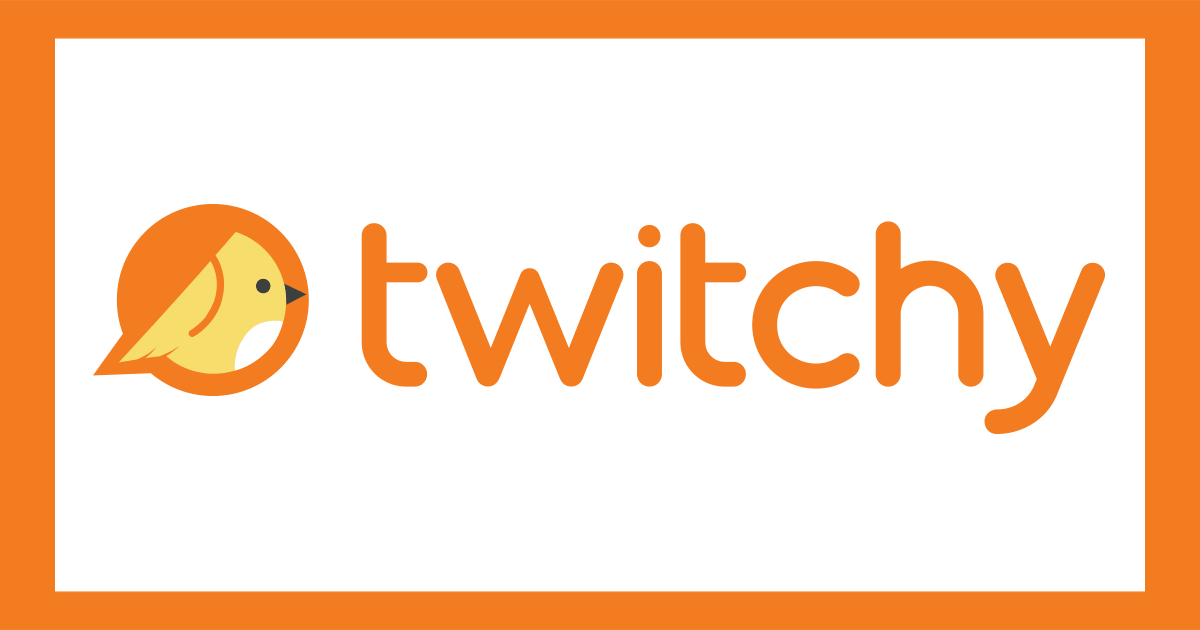
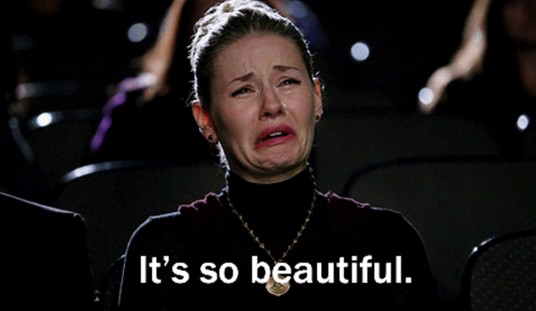
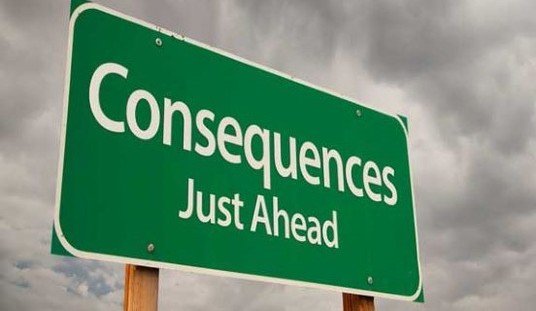

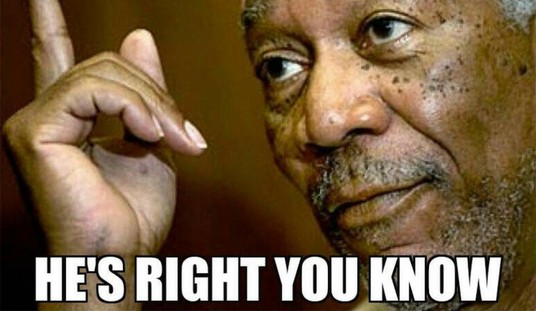
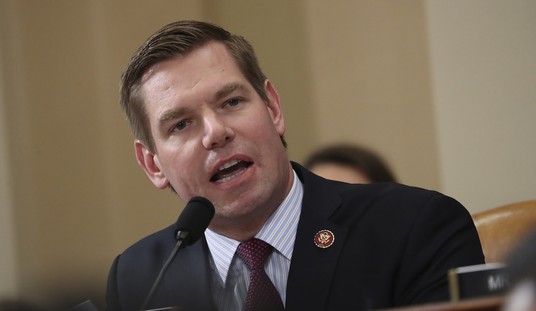
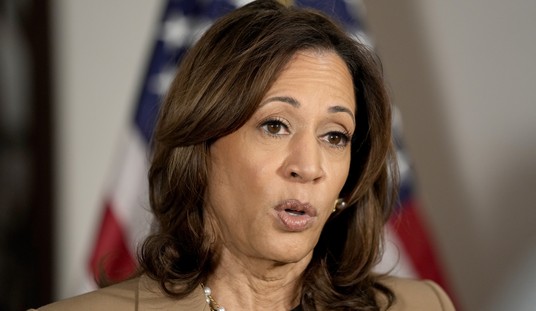

Join the conversation as a VIP Member